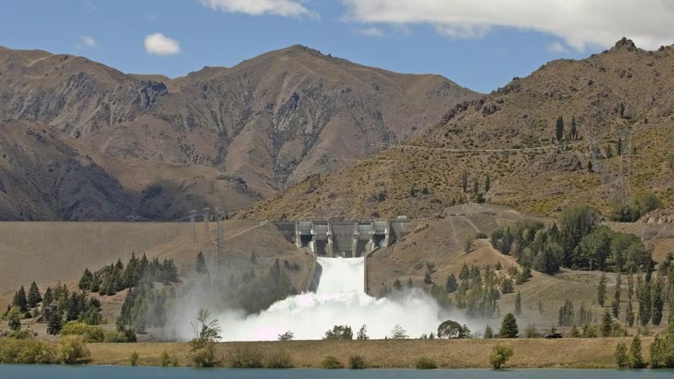
Meridian Energy says water levels in its southern hydro lakes are improving by the day, thanks to persistent rain and snow over the past fortnight.
Very low water levels and a gas shortage saw wholesale prices spike to a daily average of over $800 per megawatt hour (MWh) early in August, but rain and more gas from methanol producer Methanex have combined to drive prices sharply lower.
On Monday, prices in the highly volatile wholesale market fell to a daily average of just $3.22MWh.
In July, Meridian called on New Zealand Aluminium Smelter (NZAS) to further reduce its electricity usage at Tiwai Point in response to tightening gas supply and low lake levels.
“We’ve been saying all along that it’s a battle of inches - and after a long, dry winter, it’s good to see lake levels going in the right direction,” Meridian wholesale general manager Chris Ewers said.
“The level of Lake Pūkaki has increased by over a metre since its lowest point just under two weeks ago, with a further 300-400mm of rainfall forecast over the next couple of weeks, and Lakes Manapōuri and Te Anau are now into their high ranges.
“That’ll mean strong generation out of Manapōuri Power Station for the next few weeks,” he said.
In addition to lake levels, seasonal snow storage in the Waitaki catchment had increased significantly, which would help with spring and summer in-flows.
Throughout June and July, lake storage was as low as 50% of average, but substantial snowfall over the last month means it is now sitting at 83% of average.
“We always knew the rains would come eventually, and spring usually sees a change in weather patterns,” he said.
“There’s still some way to go but with more rain expected this week, it’s looking more encouraging day by day.”
The company’s wind farms have continued to perform well, with all six regularly generating at or near their maximum capacity over the last seven days to produce a total of 57 gigawatt hours (GWh).
Last month, Meridian reported strong earnings for the June year, but said the year ahead looked challenging.
The partially state-owned company’s net profit went from $95 million to $429m - with much of the increase influenced significantly by net gains on hedge instruments of $249m. In the prior year, the company recorded net losses on hedge instruments of $351m.
The industry’s preferred measure of performance - earnings before interest, tax, depreciation, amortisation and financial instruments (Ebitdaf) - was up 16% at $905, in line with market expectations.
Jamie Gray is an Auckland-based journalist, covering the financial markets and the primary sector. He joined the Herald in 2011.
Take your Radio, Podcasts and Music with you









